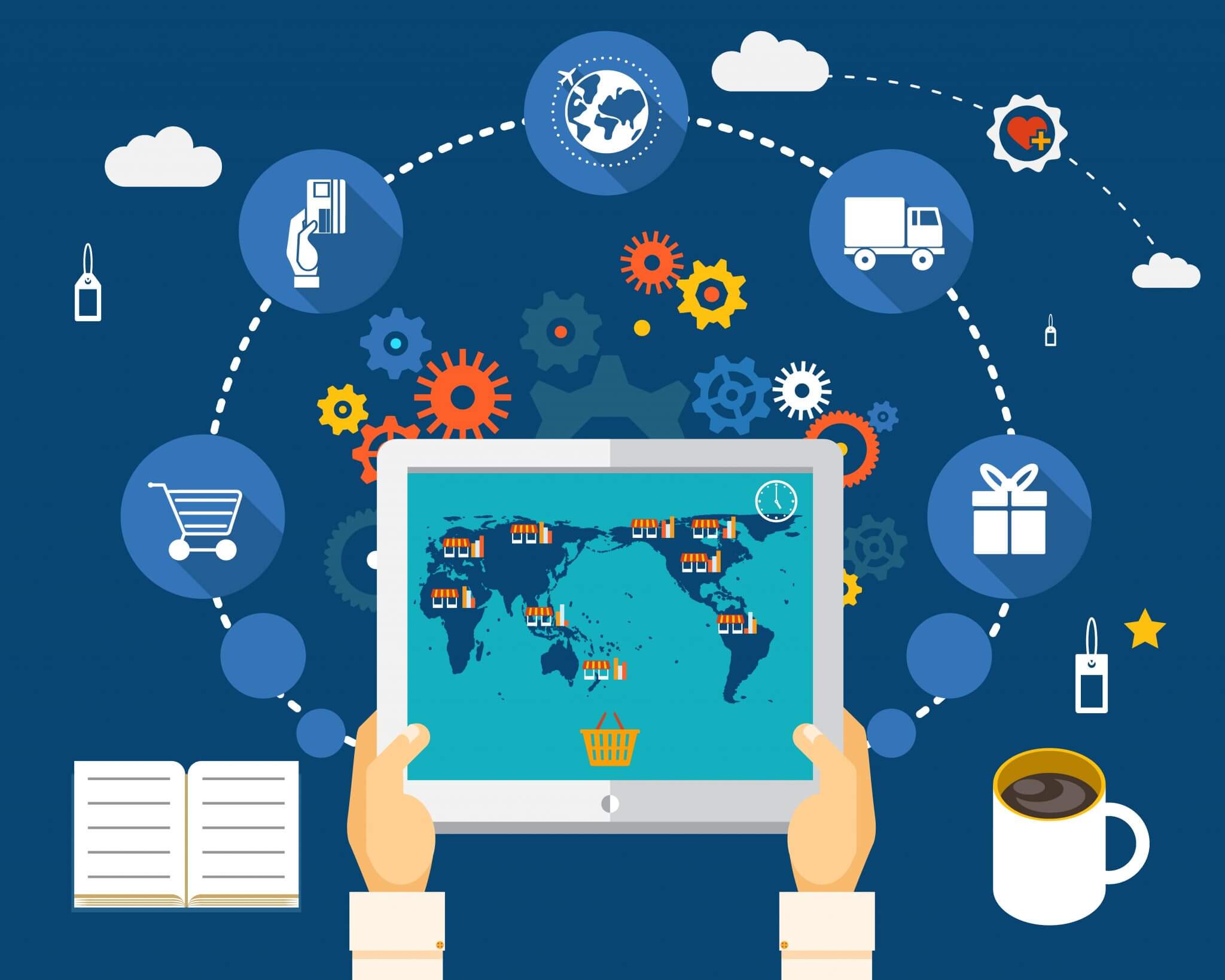
As demand for transparency increases, blockchain technology could improve the traceability of physical goods by creating an auditable and tamper-proof record of the journey behind all products across the supply chain.
For businesses, but also society and the environment, this means preventing the selling of fake goods, counterfeits, solving the problem of “double spending” of certifications, and other crimes.
Last week, Chinese e-commerce giant Alibaba announced a partnership with PwC, AusPost and Blackmores, to create a blockchain-based food security system. The project aims to develop a “Food Trust Framework” to help improve integrity and traceability on its global supply chains. A pilot blockchain solution model will be used by all participants across the supply chain.
Imports of counterfeit and pirated goods are worth nearly half a trillion dollars a year, or around 2.5% of global imports, according to the OECD and the EU’s Intellectual Property Office. Up to 5% of goods imported into the European Union are fakes.
Fake products crop up in everything, from handbags and perfumes, to machine parts and chemicals. Counterfeiting also produces knockoffs that endanger lives: auto parts that fail, pharmaceuticals that make people sick, toys that harm children, baby formula that provides no nourishment and medical instruments that deliver false readings.
In Italy, criminal organizations are reportedly running a US$16 billion-a-year business creating and selling phony cheese, olive oil and wine, according to CBS News.
Alibaba said that blockchain technology is particularly well-suited to address food fraud, a practice that involves packing foods with lower-quality and often counterfeit ingredients.
The reason for that is that blockchain can be used to digitally track any physical good in real-time. A blockchain-based digital ledger ensures that records can’t be duplicated, manipulated or faked, while enabling increased transparency in all parts of the supply chain.
With blockchain, computers of separately owned entities follow a cryptographic protocol to constantly validate update to a commonly shared ledger. Blockchain technology removes the need for error-prone reconciliation and gives each member of the network far greater and timelier visibility of the total activity.
The complexity and diversity of interest of global supply chains are the kinds of challenges that blockchain seeks to address. The technology allows users to attach digital tokens to intermediate goods as they progress along the production, shipping and delivery phases.
A number of startups are already providing such solutions. UK-based Provenance enables physical products to come with a “digital passport” that proves authenticity and origin. Everledger offers a permanent ledger for diamond certification and related transaction history, aimed at detecting and combating fraud.
Earlier this week, Everledger recently signed a partnership with SAP Ariba, the US software and IT firm owned by tech giant SAP, to use blockchain technology in supply chain applications and help reduce risk and fraud for stakeholders.

